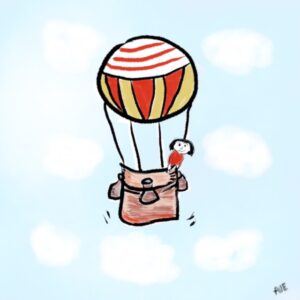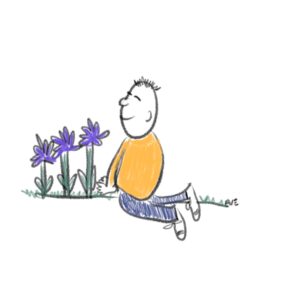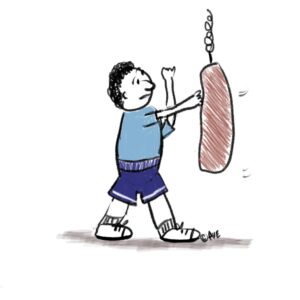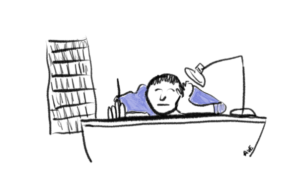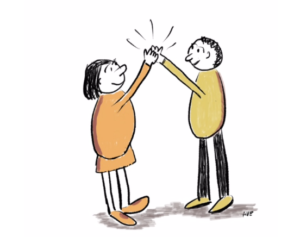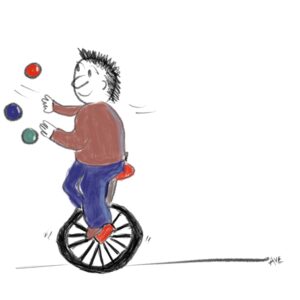
There is no doubt that we experience a lot of stress these days. There is uncertainty about our businesses, health issues, family challenges and how things will turn out.
We know that stress has been associated with negative effects such as insomnia, heart problems and infertility. It is easy to adopt habits such as overeating or web surfing that don’t really serve us. We can become stressed about how to reduce our stress!
Alia Crum, a researcher at Stanford University has studied the effects of stress on the Navy SEAL Program. She found that once trainees changed their view of stress and understood that stress could be a mechanism they could use to grow, they completed their obstacles and training faster and more effectively than others who maintained the negative damaging view of stress.
I am reminded of a statement by the Gestalt therapist Fritz Perls, “Fear is excitement without the breath.” We naturally hold our breath when we are fearful or stressed. We hope to get rid of the feeling. It doesn’t work. However, when we breathe and change our paradigm about stress we can transform our fear or stress into a positive force.
When I began my career as an organization development consultant and coach, I recall the stress of facilitating a team with the goal of helping them to become aligned. There were times of conflict when I wondered how a team could work together. I was able to use the moments of uncertainty to harness my focus and be open to what could emerge. My stress actually served me to stay centered, open and grow in confidence. Many teams benefitted.
Of course, too much stress can take a toll on us. However, it is worth reframing stress as an opportunity to grow and learn how to manage it. Whether you are a manager, coach, parent or citizen, we know that anything worth achieving will come with some stress. Ask any consultant, parent or entrepreneur who has managed to achieve results. We all face stress in our lives. If we believe we can learn to manage it and grow from it, we can actually build our confidence and skills to be more successful. We can choose to take an Open Stance.

